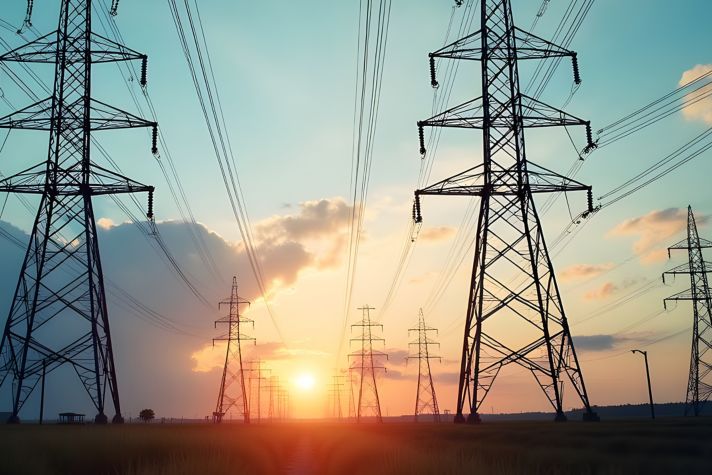-
Global
-
Africa
-
Asia Pacific
-
Europe
-
Latin America
-
Middle East
-
North America
- |
- BUSINESSES
- |
- Contact
- |
-
Global
-
Africa
-
Asia Pacific
-
Europe
-
Latin America
-
Middle East
-
North America
- |
- BUSINESSES
- |
- Contact
- |
You are browsing the product catalog for
You are viewing the overview and resources for
- News
- What is Methane And Why Is It Bad?
What is Methane And Why Is It Bad?
What to know about the greenhouse gas methane, which is impacting climate change faster than carbon dioxide
What you will learn in this article:
- Why the greenhouse gas methane (CH4), a colorless, odorless and flammable gas, is a cause for environmental concern
- How human-driven activities like raising livestock, natural gas leaks and landfill waste cause methane to enter the atmosphere
What is methane?
Methane (CH4) is a colorless, odorless and highly flammable gas. It is composed of carbon and hydrogen.
It is also a potent greenhouse gas, meaning it affects climate change by contributing to increased warming, according to the US Environmental Protection Agency. Methane enters the atmosphere via human-related activities and natural sources.
Where do methane emissions come from?
According to the EPA, globally, 50 to 65% of total methane emissions come from the following human-caused activities:
- Raising livestock
- Leaks from natural gas systems
- Landfills and waste from homes and businesses
Methane is the main component in natural gas, which fuels industrial plants, powers homes and runs air conditioners, among other applications.
Why do methane emissions pose a risk to the environment?
- Methane is about 80 times more powerful at warming the atmosphere than carbon dioxide over a 20-year period, according to the UN Environment Programme.
- As outlined in the UN Environment Programme’s Global Methane Assessment, the amount of methane in the atmosphere has more than doubled since pre-industrial times, and emissions are increasing faster now than they have since the 1980s.
- Methane also contributes to the formation of ground-level ozone, a gas that is harmful to humans, ecosystems and crops, according to the Global Methane Assessment.
What would the impact of reducing methane emissions look like?
According to the Global Methane Assessment, cutting 45% of human activity-caused methane emissions this decade could prevent:
- 255,000 premature deaths
- 775,000 asthma-related hospital visits
- The loss of 73 billion hours of labor
- The loss of 26 million tons of crops
Why is methane at the forefront of the climate change conversation?
Experts have turned the focus toward reducing human-caused methane emissions because methane has a short life in the atmosphere – 12 years, according to the EPA – compared to other potent greenhouse gases.
By taking steps now to reduce human-caused methane emissions, it's likely that there would be lower levels of methane in the atmosphere in the near future.
How can technology help?
Advanced gas detection technology, such as wireless detectors and automated monitoring tools, enables rapid identification and measurement of methane leaks across plant operations. By providing real-time data and supporting predictive maintenance, these solutions help prioritize repairs, reduce downtime, and offer a comprehensive view of emissions to drive more effective mitigation efforts.
Copyright © 2025 Honeywell International Inc.




